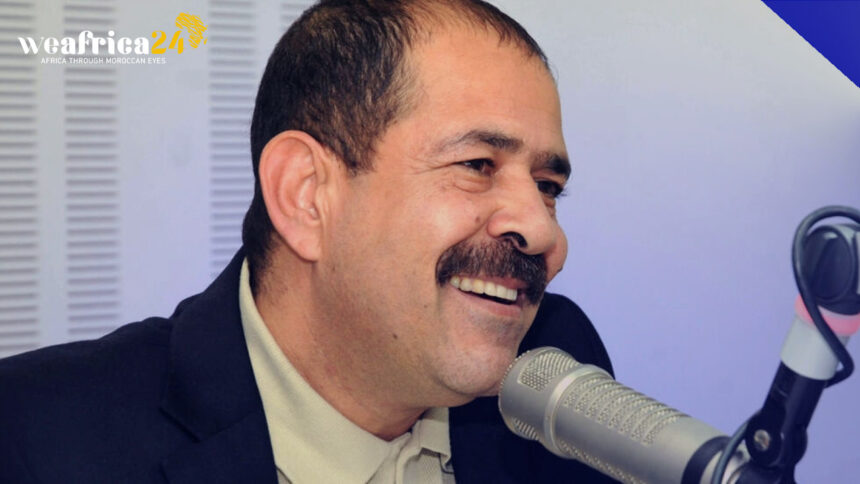The death of Chokri Belaïd, a well-known opposition figure, lawyer, and left-wing activist, on February 6, 2013, was a shocking and seismic event in Tunisia. On Wednesday, March 27, four defendants in this case received death sentences from the Tunisian justice system following an eleven-year investigation and legal proceedings.
In Tunisia, twenty-three individuals were charged with the shooting death of Chokri Belaïd on February 6, 2013, as he was gunned down outside his home at the age of 48. Four of them have now been sentenced to death, as reported by our correspondent in Tunis, Amira Souilem.
Belaïd’s death, a vociferous leftist activist and founder of the so-called Democratic Patriots movement, who vehemently opposed the Islamists of Ennahdha, plunged post-revolutionary Tunisia into shock and political crisis, the reverberations of which are still felt today.
Eleven years after his death, followed by the similar killing of another comrade-in-arms, Mohamed Brahmi, the verdict has been rendered. After 15 hours of deliberation and 11 years of investigation and legal proceedings, the Tunis Court of First Instance also sentenced two defendants to life imprisonment, announced Aymen Chtiba, deputy attorney general of the anti-terrorism judicial pole, live.
Sentences ranging from 2 to 120 years of imprisonment were also handed down to other defendants, while five individuals were acquitted, although they remain pursued in other cases.
Moratorium on the Death Penalty
It is noteworthy that although the death penalty has not been abolished in Tunisia, it has been under a moratorium since 1991. No executions have taken place in the country since then, but current President Kaïs Saïed, a former law professor, has never concealed his support for its effective reinstatement. He has made the trial of Chokri Belaïd and Mohamed Brahmi’s killers one of his priorities.
He also highlighted the delays in solving these murders as evidence of what he perceives as a corrupt judiciary. Dozens of judges were dismissed after he assumed full powers in 2021, some of them accused of obstructing the investigation in the eyes of the Tunisian president.
Evidence of the importance the current regime places on this case: the verdict was announced live on Tunisian national television. A channel that has become, since Kaïs Saïed’s power grab, an official information outlet from which dissident voices have gradually disappeared.







